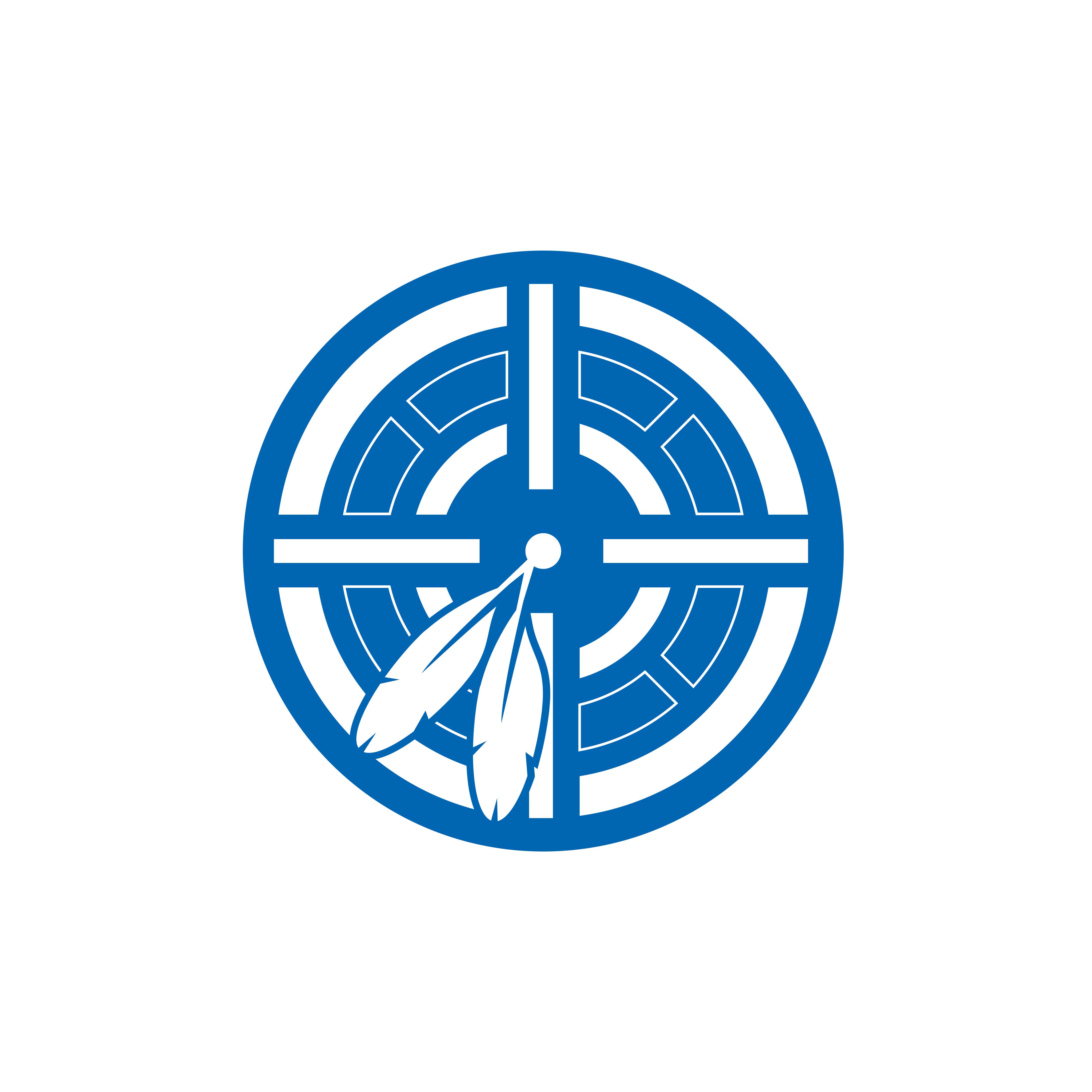Northern Arizona University is unique in its mission to become the leading university serving Native Americans. The Office of Native American and Indigenous Advancement (ONAIA) was established to make this mission a reality. ONAIA seeks to make a substantial and enduring contribution to a new era in American Indian self-determination by:
- partnering with Native American communities
- collaborating with tribal colleges and universities
- contributing to a culture of support for Native American students
- building bridges to and from Indigenous-serving institutions across the globe
ONAIA programs
ONAIA has five different programs and several partners that support NAU’s Native American goal.
In recognition of NAU’s leadership in serving Indigenous students, the Mellon Foundation has provided a grant of $5 million, matched by the NAU Foundation, for a total of $10 million toward the Seven Generations Signature Initiative (7GSI) and the Seven Generations Indigenous Knowledges Center (7Gen Center).
ONAIA/NAU researchers are also among the leadership of the NSF-funded Center for Braiding Indigenous Knowledges and Science (CBIKS).
Our Flagstaff campus also houses five different programs and several partners that support NAU’s Native American goal.
Center for Native American and Indigenous Futures (CNAIF)
The Center for Native American and Indigenous Futures (CNAIF) is the central hub for Native American and Indigenous activities. They provide resources to the campus community and local organizations.
Institute for Native-serving Educators
The goal of the Institute for Native-serving Educators (INE) is to be the premier pre K-12 professional development institute of choice for Native Nations in the United States. The institute houses all professional development partnerships and programs for teachers and administrators in early childhood programs through high school.
Tribal Leadership Initiative
The Tribal Leadership Initiative provides training and support for current and future tribal leaders through graduate curricula, executive education, youth leadership programs, fellowships, and more.
Institute for Tribal Environmental Professionals
The Institute for Tribal Environmental Professionals (ITEP) focuses on the protection and sustainability of Native American land, strengthening tribal capacity and sovereignty in environmental and resource management through culturally relevant education, research, partnerships and policy-based services.
Development
The Development program of ONAIA focuses on locating resources for NAUs Native American and Indigenous community. Current work is focused on an expansion of the Center for Native American and Indigenous Futures (CNAIF) to include additional office spaces, classrooms, and activity areas for the community.

Partners Office of Indigenous Student Success
The Office of Indigenous Student Success (OISS) provides culturally competent, individualized support for American Indian, Alaska Native, and Native Hawaiian/Pacific Islander students at NAU.
Honoring roots
Supporting and encouraging Indigenous students
The Office of Native American and Indigenous Advancement (ONAIA) in conjunction with NAU Marketing, worked together to create logos and graphics that represent ONAIAs Core Values of Relationships, Responsibility, Respect, and Resilience. These logos and graphics are a collective representation of values that are upheld within many different Indigenous communities.

Relationships
The four cardinal directions are considered sacred in Native American cultures. The feathers represent the trust, honor, wisdom, and strength necessary in establishing and cultivating relationships.

Respect
The water droplet shape is found in Native American jewelry and other circular designs. Water is used here to visually express the importance of respect and the value of community approval and honor.

Responsibility
The sun illustrates responsibility by showing the effect that it has by reaching out with its rays. It also signifies the beginning of a new day as it rises from the east. Both of these express dependability and accountability, which are essential parts of responsibility.

Resilience
The corn stalk likeness is found on many Native American images. Corn is a resilient crop and ties directly to the concept of resilience. It also symbolizes the growth students experience through support in their education.
Additional resources
Questions? Call 928-523-9557 or email indigefunds@nau.edu

